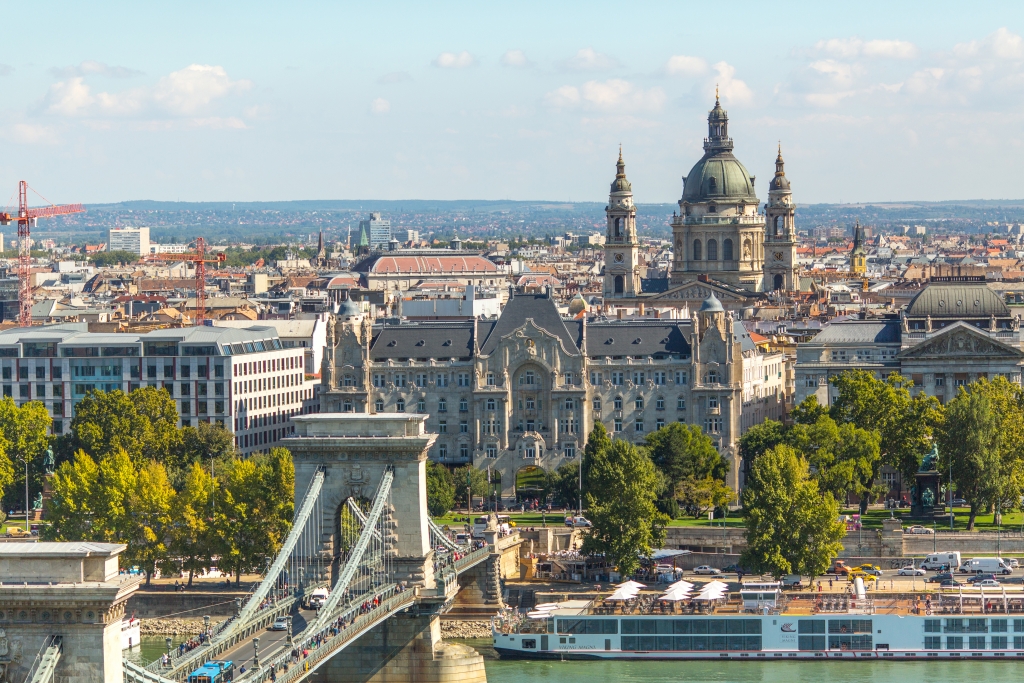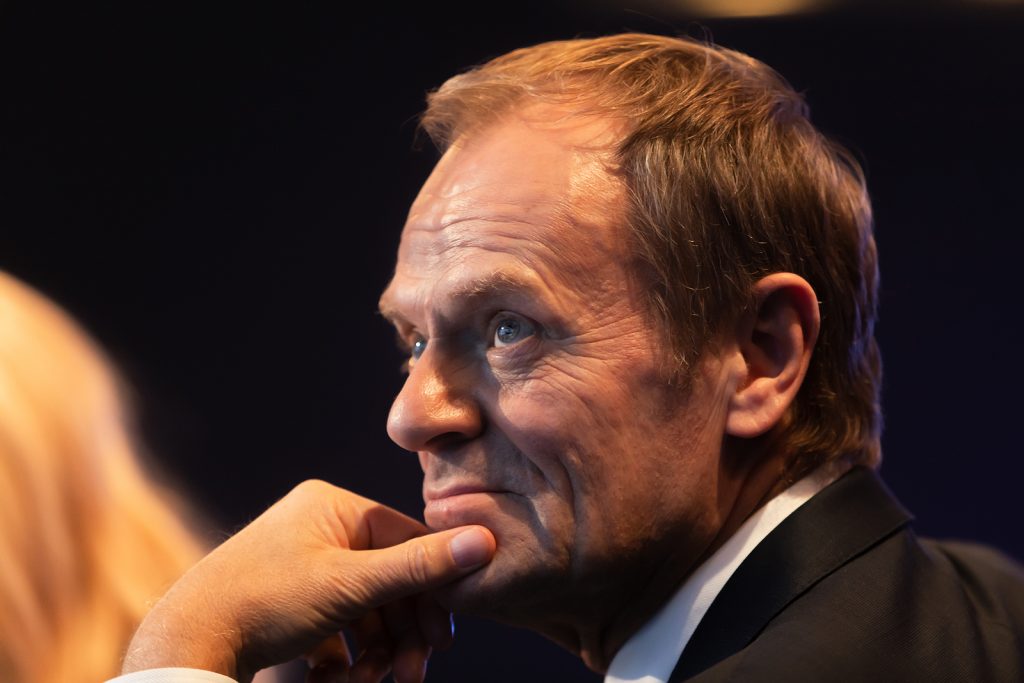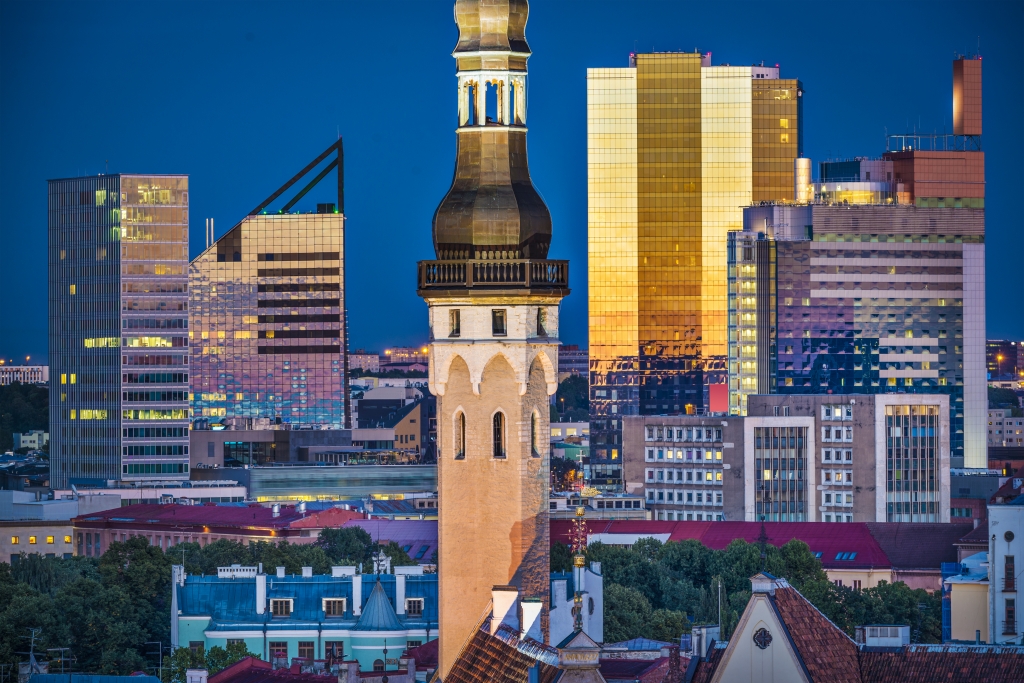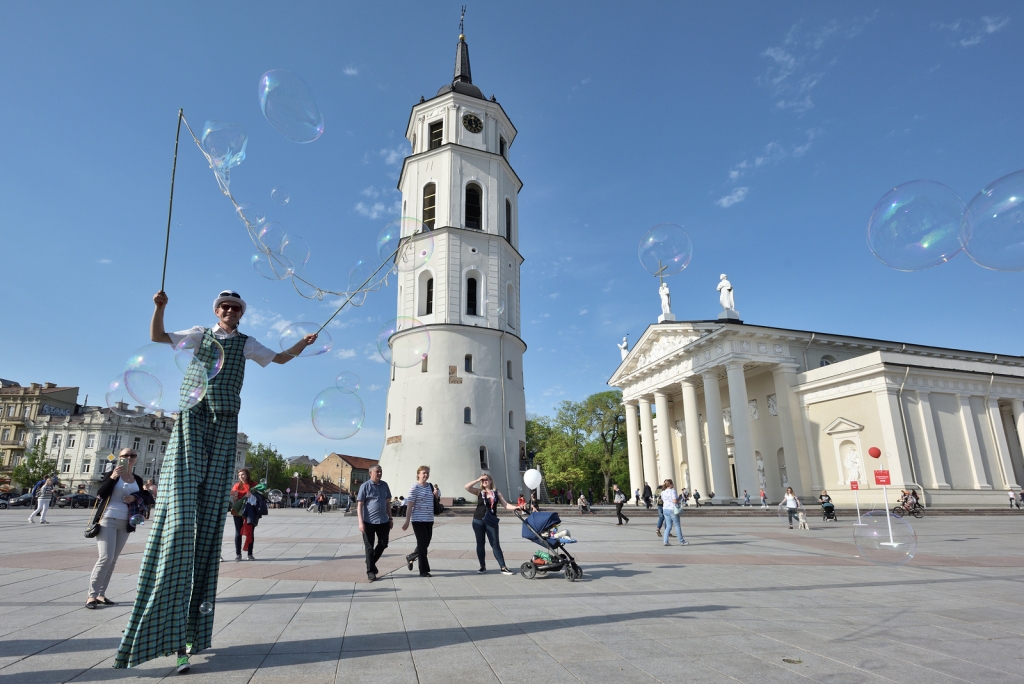From Ukraine’s ongoing resilience in the face of Russia’s brutal aggression to Hungary’s intransigence and a changing of the guard in Poland, this is our review of 2023 in Central and Eastern Europe.
Ukraine resists. Russia made few—if any—territorial gains in its neighbour during 2023, although a much-heralded Ukrainian counteroffensive which lasted for much of the summer and autumn failed to recapture the occupied regions of eastern Ukraine and made little headway in the south of the country towards the Crimean Peninsula.
Approximately 17.5 per cent of Ukrainian territory remains under Russian control.
A declassified US intelligence report made public on December 13 assessed that the Ukraine war has cost Russia 315,000 dead and injured troops, or nearly 90 per cent of the personnel it had when the conflict began.
Kyiv meanwhile treats its losses as a state secret and officials say disclosing the figure could harm its war effort. A New York Times report in August however cited US officials as putting the Ukrainian death toll at close to 70,000.
While the year ended positively for Ukraine—it, along with Moldova (a country that had a very good year), was given the green light to begin EU accession talks by the European Council at a summit in December—it is struggling to secure the funding support it needs for 2024. At the same European Council summit, Hungary blocked 50 billion euros of EU aid for Ukraine, while in the United States a 60 billion US dollars aid package has stalled in Congress amid a row over US border security.

Indeed, Hungary was a persistent thorn in the side of both Ukraine and the European Union throughout 2023, and there appears to be very little that Brussels can do about its Viktor Orbán problem.
Aside from continuing to withhold funds, the EU is short on options to bring Hungary onside. The current Treaty of the European Union (TEU) makes it all but impossible to sideline a member state, while the only legal provision for a state to be entirely disassociated from the EU is the now (in)famous Article 50, which must be triggered by the member state that wants to leave.
To date, only the United Kingdom has ever done so.
For all the faults of its government, however, our editor Craig Turp-Balazs did this year declare that Hungary’s capital, Budapest, is Central Europe’s greatest city. Probably.
In September, Azerbaijan captured Nagorno-Karabakh, which is internationally recognised as Azeri territory, after defeating separatist ethnic Armenian fighters in a lightning campaign. Since the assault, most of the region’s 120,000 ethnic Armenians have fled for Armenia.
Yerevan has accused Azerbaijan of ethnic cleansing, while Baku has argued that it merely took control of a breakaway territory whose status has been contested through several wars.
Azerbaijan’s assault was preceded by a more than nine-month siege that choked off access to essential goods for residents. In November, judges at the International Court of Justice ruled that ethnic Armenian residents must be allowed back to the region and that those who remained must be kept safe.

In May, Bulgaria’s two largest political parties, the centre-right GERB and an anti-corruption bloc led by We Continue the Change and Democratic Bulgaria (PP-DB), agreed to form a government—ending years of political deadlock.
The agreement marked a change in direction for PP-DB, which had consistently stated that it would never work with GERB.
The country had held five parliamentary elections since 2020, when the government of GERB leader Boyko Borissov collapsed. No country in Europe has ever voted as frequently in such a short space of time. The electoral merry-go-round has done little for Bulgaria’s economy nor for its two key foreign policy goals: membership of the border-free Schengen area and adoption of the euro single currency.
The coalition’s first real test is likely to come in March 2024, when—according to the agreement signed when taking office—the post of prime minister is meant to pass from the incumbent, the PP-DB’s Nikolay Denkov, to GERB’s Mariya Gabriel.

Poland also welcomed in a new government in 2023, with Donald Tusk returning to the prime minister’s office after eight years of rule by the Law and Justice party (PiS). Although PiS won October’s parliamentary elections it was well short of both a majority and potential coalition partners. Instead, Tusk’s Civic Coalition will govern with Third Way and the Left.
The new government’s first task will be securing the release of 36 billion euros in grants and loans in post-Covid-19 recovery funding currently being withheld by the EU, mainly over rule of law concerns.
This will not be easy. Reversing PiS legislation—including its harsh abortion ban—could prove to be difficult given that Poland’s top court is controlled by judges largely sympathetic to PiS, and—like President Andrzej Duda—it can veto legislation.
The coalition does not have the three-fifths majority in parliament required to overturn a veto.
There was a changing of the guard in Slovakia too in 2023, where another former PM, Robert Fico, also returned to his old job. Fico, ostensibly a social democrat, campaigned on a platform of halting military aid to Ukraine, and since taking office has vowed to shut down Slovakia’s anti-corruption unit.
Slovakia votes for a new president in 2024, with incumbent Zuzana Čaputová, a progressive liberal, having already made it clear that she will not be seeking a second term in office. The former human rights lawyer won her first five-year term in 2019 and has been a strong voice in favour of European integration, minority rights and a supporter of neighbouring Ukraine in its defence against Russia.

One election which brought about little change in 2023 was the snap parliamentary poll in Serbia, where President Aleksandar Vučić’s coalition, centered on his Serbian Progressive party (SNS), saw off the challenge of Serbia Against Violence, a coalition of opposition parties, civil society organisations, and activists. Serbia Without Violence nevertheless performed well and will hopefully provide real, constructive opposition—something Serbia has lacked for several years.
Neither was there much progress made in 2023 on resolving Serbia’s ongoing dispute with its former province of Kosovo (which celebrated 15 years of independence in February). The deadlock, wrote former Center for Global Affairs professor Alon Ben-Meir in September, requires a reality check.

In July, a study from the United Nations Population Fund warned that without significant improvements in gender equality, the countries of Eastern Europe are unlikely to overcome the demographic crisis they are facing.
Efforts by governments to address the crisis by trying to boost birthrates have largely failed.
Indeed, currently, all but one of the world’s ten fastest shrinking countries are in Central and Eastern Europe and the trend is forecast to continue (the exception is Japan).
From 2020 to 2050, the world’s highest drop in population, 22.5 per cent, will be recorded in Bulgaria. Lithuania follows with a 22.1 per cent projected decline for the same period and Latvia ranks third with 21.6 per cent.

For the fourth year in a row, one of the world’s most digital societies, Estonia, again come out on top of Emerging Europe’s annual ranking of the region’s investment promotion agencies.
Estonia picked up the same score as last year—outperforming its competitors in innovation, creativity and community building. Despite not being able to overhaul Estonia, second placed Lithuania managed to reduce the gap between the two countries owing to improvements in the support and community building components.
Third place this year was taken by Latvia, meaning that for the first time the top three positions in the ranking are held by the three Baltic countries.
Estonia also took first place (again) in our IT Competitiveness Index, part of an annual Future of IT report which looks at the technology sector in all 23 countries of the region using the same methodology to understand how each country contributes to the size of the regional market.
Lithuania took second spot, leapfrogging Poland which fell to third.

Vilnius meanwhile was named the most business-friendly city in emerging Europe, topping this year’s Business-Friendly City Perception Index.
The Lithuanian capital was chosen by a jury of more than 100 global FDI experts, site selection advisers and location analysts who were independently asked for their views on the region’s cities with populations above 200,000 inhabitants, as well as the capitals of Montenegro (Podgorica) and Kosovo (Prishtina), where the population is below 200,000.
Last year’s winner, Prague, fell to second, with Kyiv—despite Russia’s war—taking third spot. Łódź and Tallinn complete the top five.
This year, for the first time, the Emerging Europe panel of experts was also asked to select from 78 emerging cities that have a population of between 100,000 and 200,000. This additional group was added as a result of growing interest in setting up new operations in these so-called tier-three cities.
Here, another Lithuanian city, Klaipėda, took top spot, followed by Plzeň in Czechia and Burgas in Bulgaria.

Finally, research carried out by Emerging Europe in July revealed that Warsaw is the best-connected capital city in the region, served by direct flights to 151 destinations in 56 countries across the world. Perhaps the region’s only truly global airport, Warsaw Chopin can boast flights to Los Angeles, New York, Chicago, Miami, Toronto, Seoul, Beijing, Tokyo, New Dehli and Mumbai.
At the other end of the scale, the worst-connected capital in the region is Ljubljana, served by flights to and from just 23 cities. The Slovene capital sees fewer flights than Sarajevo in Bosnia and Herzegovina (24) and even the Kosovan capital Prishtina (26).
Unlike many news and information platforms, Emerging Europe is free to read, and always will be. There is no paywall here. We are independent, not affiliated with nor representing any political party or business organisation. We want the very best for emerging Europe, nothing more, nothing less. Your support will help us continue to spread the word about this amazing region.
You can contribute here. Thank you.







Add Comment